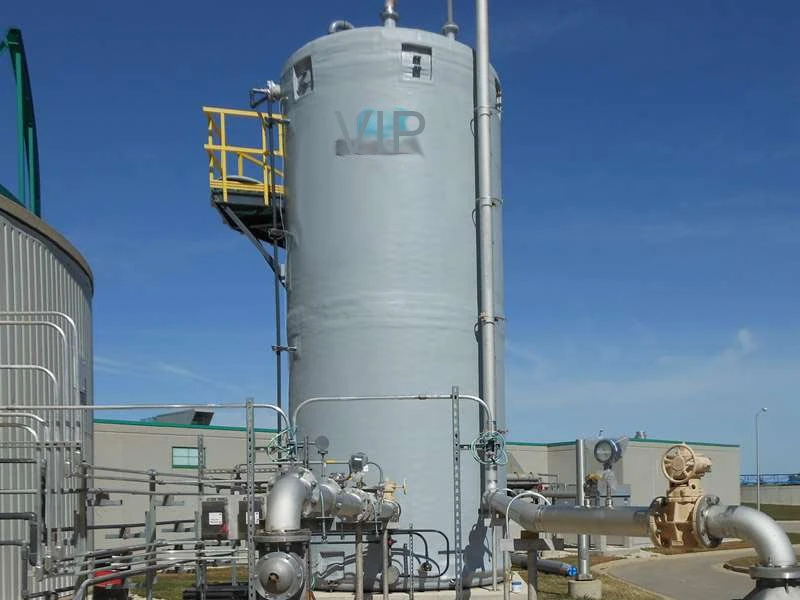
-
 Afrikaans
Afrikaans -
 Albanian
Albanian -
 Amharic
Amharic -
 Arabic
Arabic -
 Armenian
Armenian -
 Azerbaijani
Azerbaijani -
 Basque
Basque -
 Belarusian
Belarusian -
 Bengali
Bengali -
 Bosnian
Bosnian -
 Bulgarian
Bulgarian -
 Catalan
Catalan -
 Cebuano
Cebuano -
 China
China -
 China (Taiwan)
China (Taiwan) -
 Corsican
Corsican -
 Croatian
Croatian -
 Czech
Czech -
 Danish
Danish -
 Dutch
Dutch -
 English
English -
 Esperanto
Esperanto -
 Estonian
Estonian -
 Finnish
Finnish -
 French
French -
 Frisian
Frisian -
 Galician
Galician -
 Georgian
Georgian -
 German
German -
 Greek
Greek -
 Gujarati
Gujarati -
 Haitian Creole
Haitian Creole -
 hausa
hausa -
 hawaiian
hawaiian -
 Hebrew
Hebrew -
 Hindi
Hindi -
 Miao
Miao -
 Hungarian
Hungarian -
 Icelandic
Icelandic -
 igbo
igbo -
 Indonesian
Indonesian -
 irish
irish -
 Italian
Italian -
 Japanese
Japanese -
 Javanese
Javanese -
 Kannada
Kannada -
 kazakh
kazakh -
 Khmer
Khmer -
 Rwandese
Rwandese -
 Korean
Korean -
 Kurdish
Kurdish -
 Kyrgyz
Kyrgyz -
 Lao
Lao -
 Latin
Latin -
 Latvian
Latvian -
 Lithuanian
Lithuanian -
 Luxembourgish
Luxembourgish -
 Macedonian
Macedonian -
 Malgashi
Malgashi -
 Malay
Malay -
 Malayalam
Malayalam -
 Maltese
Maltese -
 Maori
Maori -
 Marathi
Marathi -
 Mongolian
Mongolian -
 Myanmar
Myanmar -
 Nepali
Nepali -
 Norwegian
Norwegian -
 Norwegian
Norwegian -
 Occitan
Occitan -
 Pashto
Pashto -
 Persian
Persian -
 Polish
Polish -
 Portuguese
Portuguese -
 Punjabi
Punjabi -
 Romanian
Romanian -
 Russian
Russian -
 Samoan
Samoan -
 Scottish Gaelic
Scottish Gaelic -
 Serbian
Serbian -
 Sesotho
Sesotho -
 Shona
Shona -
 Sindhi
Sindhi -
 Sinhala
Sinhala -
 Slovak
Slovak -
 Slovenian
Slovenian -
 Somali
Somali -
 Spanish
Spanish -
 Sundanese
Sundanese -
 Swahili
Swahili -
 Swedish
Swedish -
 Tagalog
Tagalog -
 Tajik
Tajik -
 Tamil
Tamil -
 Tatar
Tatar -
 Telugu
Telugu -
 Thai
Thai -
 Turkish
Turkish -
 Turkmen
Turkmen -
 Ukrainian
Ukrainian -
 Urdu
Urdu -
 Uighur
Uighur -
 Uzbek
Uzbek -
 Vietnamese
Vietnamese -
 Welsh
Welsh -
 Bantu
Bantu -
 Yiddish
Yiddish -
 Yoruba
Yoruba -
 Zulu
Zulu
fiberglass pipe
The Versatility and Benefits of Fiberglass Pipes
Fiberglass pipes have emerged as a popular choice in various industries due to their unique properties and advantages over traditional materials such as metal and concrete. Composed of a resin matrix reinforced with glass fibers, these pipes combine strength, durability, and lightweight characteristics, making them suitable for a wide range of applications.
One of the primary benefits of fiberglass pipes is their resistance to corrosion. Unlike metal pipes, which can deteriorate when exposed to certain chemicals and environmental conditions, fiberglass pipes maintain their structural integrity even in harsh environments. This property is particularly advantageous for industries such as sewage, wastewater treatment, and chemical processing, where corrosive substances can cause significant damage to conventional piping systems.
Furthermore, fiberglass pipes boast impressive strength-to-weight ratios. This means that they can withstand high pressures without the added weight associated with metal pipes. The lightweight nature of fiberglass makes installation easier and more cost-effective, reducing labor costs and transportation expenses. Additionally, the ease of handling can lead to faster project timelines, which is a crucial factor in many industrial applications.
Fiberglass pipes also exhibit excellent thermal insulation properties. They are less prone to heat loss, making them ideal for carrying hot fluids. This thermal efficiency can lead to energy savings and lower operating costs in heating applications, such as in geothermal systems or steam distribution networks. Moreover, their insulating properties help to minimize condensation, reducing the risk of water damage in buildings or structures.
fiberglass pipe

Another significant advantage of fiberglass pipes is their smooth interior surface. This smoothness reduces friction when fluids pass through the pipes, allowing for improved flow rates and reduced energy consumption. In addition, the smooth surfaces are less prone to scaling and fouling, which can lead to blockages and decreased efficiency in fluid transport systems.
Environmental considerations also play a role in the growing adoption of fiberglass pipes. These pipes are often manufactured using environmentally friendly processes, and many fiberglass products are designed for recyclability. As industries become more conscious of their ecological footprint, the use of sustainable materials such as fiberglass can aid in meeting current environmental regulations and corporate sustainability goals.
In terms of maintenance, fiberglass pipes require far less upkeep than their metal counterparts. The lack of corrosion and the durability of the material mean that they have a longer lifespan, significantly reducing the frequency and cost of repairs and replacements. This reliability is essential for companies looking to minimize downtime and maintain productivity.
In conclusion, fiberglass pipes offer a multitude of benefits that make them an advantageous choice for various applications across multiple industries. Their resistance to corrosion, lightweight nature, thermal efficiency, smooth interior surfaces, and low maintenance requirements contribute to their growing popularity. As businesses increasingly seek durable and sustainable solutions for their piping needs, fiberglass pipes are poised to play a pivotal role in the future infrastructure development. Embracing this technology not only leads to enhanced performance but also aligns with the demands of modern industrial challenges.
Latest news
-
Exploring the Benefits of Top Hammer Drifter Rods for Enhanced Drilling PerformanceNewsJun.10,2025
-
High-Precision Fiberglass Winding Machine for GRP/FRP Pipe Production – Reliable & Efficient SolutionsNewsJun.10,2025
-
FRP Pipes & Fittings for Shipbuilding - Corrosion-Resistant & LightweightNewsJun.09,2025
-
Premium FRP Flooring Solutions Durable & Slip-ResistantNewsJun.09,2025
-
Premium Fiberglass Rectangular Tanks Durable & Lightweight SolutionNewsJun.09,2025
-
Tapered Drill String Design Guide Durable Performance & UsesNewsJun.09,2025









